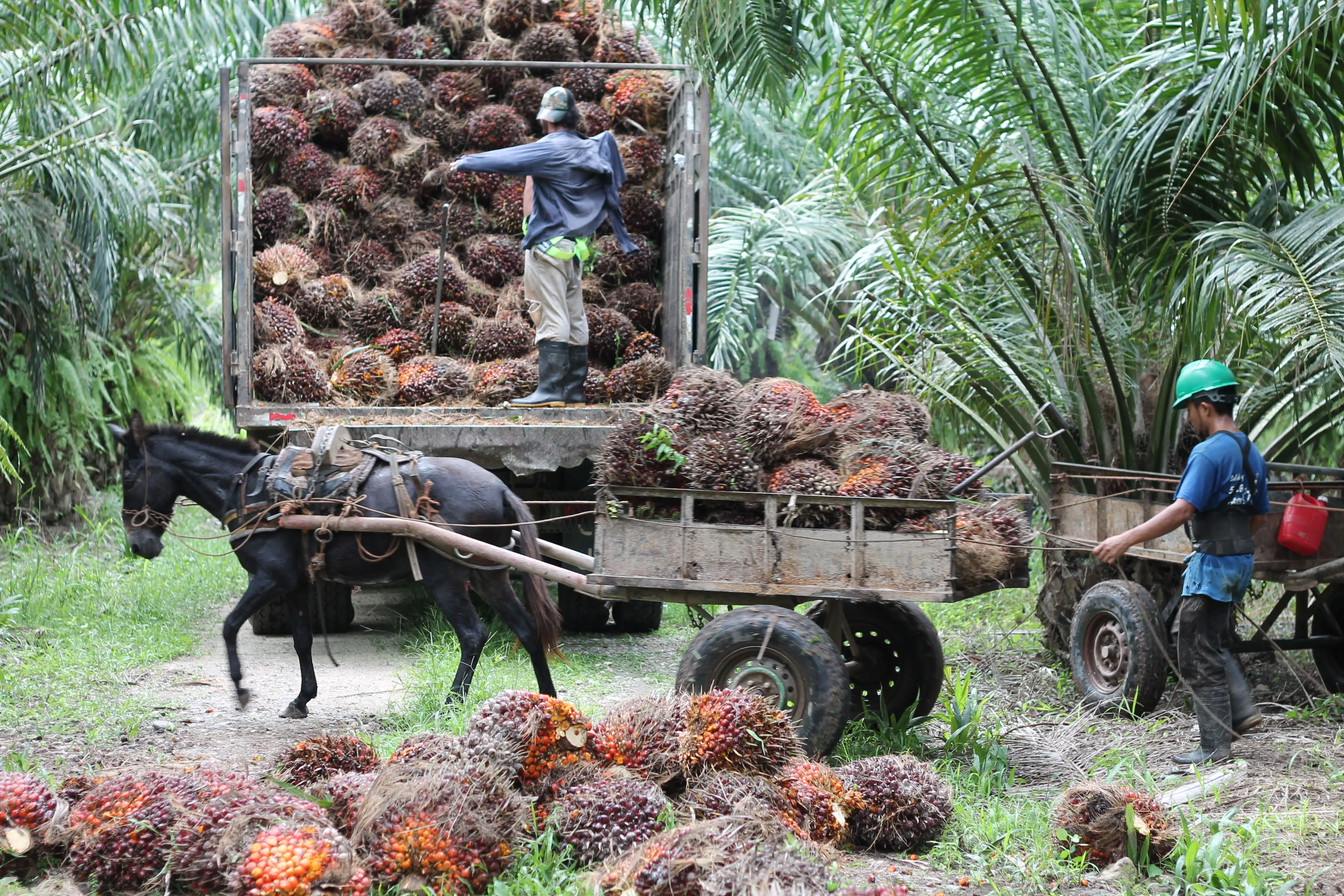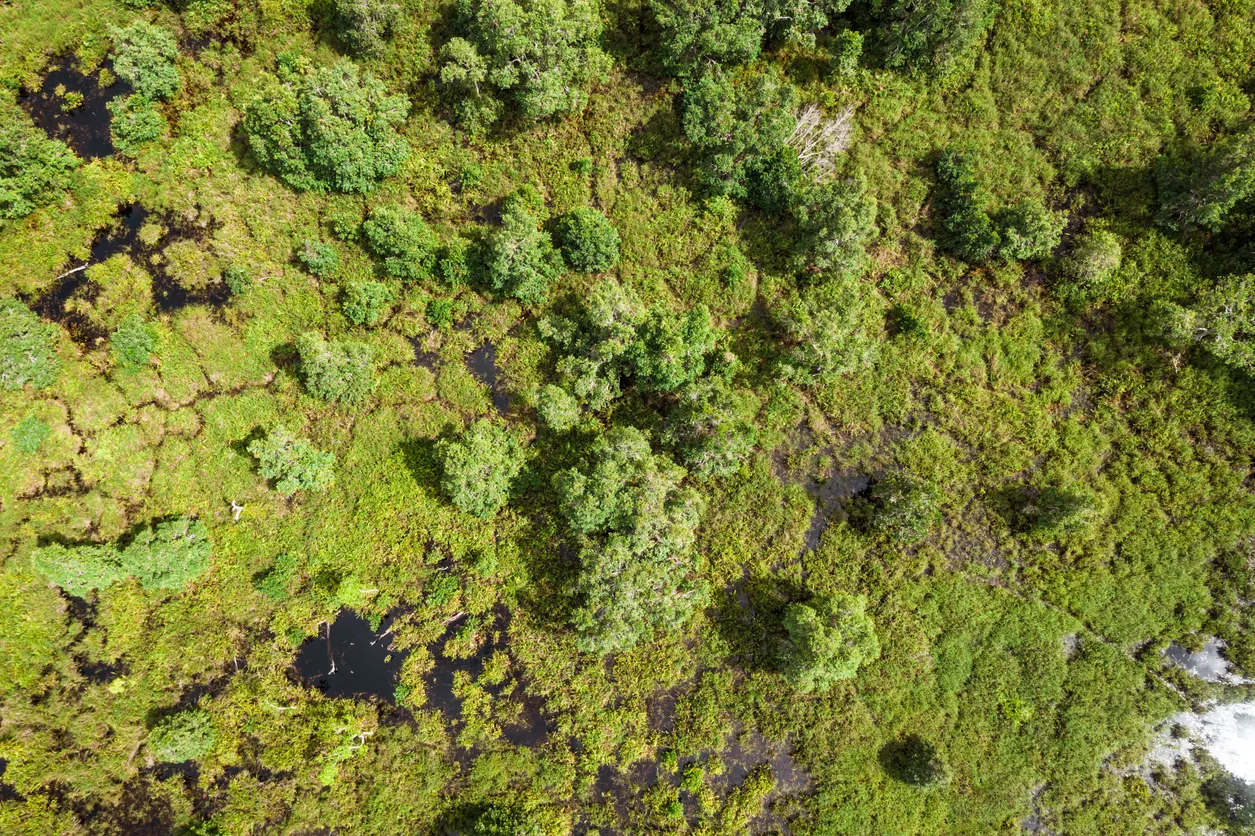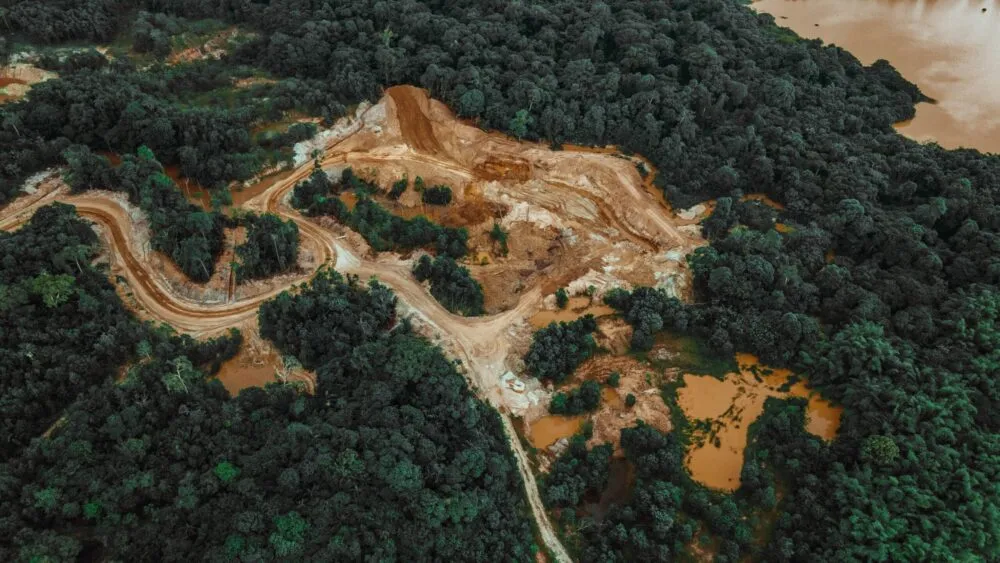
New EU rules for deforestation-free products: Great for forests, a double-edged sword for smallholders
The proposed new regulation to curb EU-driven deforestation aims to reduce the EU’s climate and deforestation footprints. However, while large companies with integrated mills may be able to produce deforestation-free commodities with relative ease, low capacity smallholder suppliers in the tropics may find it much more difficult to demonstrate compliance. Big buyers may react by shifting to lower risk regions, or even substitute materials, rather than work with local farmer suppliers in areas of ongoing deforestation. Nature Positive Farming is a simple tool to help companies engage, rather than withdraw, balance conservation and development goals, and achieve the aim of the Regulation without unintended side-effects.
Forests and many other natural ecosystems are disappearing at an alarming rate as more and more land is cleared for agriculture and forestry. According to the Intergovernmental Panel on Climate Change (IPCC) an estimated 11% of anthropogenic greenhouse gas emissions are caused by deforestation for new agriculture and forestry, while the associated negative impacts on biodiversity, human livelihoods, good governance, and rule of law are widely known and recognized.
Many initiatives have been launched to curb deforestation and conversion of natural ecosystems, including company policies and declarations, or multistate and joint company-state agreements. No-deforestation is an integral part of net-zero emission strategies and science-based targets for climate and nature, for companies involved in primary production, and those sourcing from and financing this sector. So far, these initiatives have been largely voluntary and aspirational.
That is now changing – and it’s changing dramatically and fast. The European Union, the world’s largest integrated economic market, is seriously stepping up its efforts to combat deforestation. The European Commission has proposed a regulation that, if adopted, will require all importers of palm oil, soy, wood, cocoa, coffee and beef, as well as derivatives and products made from these commodities, to trace materials to the point of origin with enough precision to demonstrate that the commodity is legally produced and it has not been grown (or raised, in the case of beef) on land deforested after December 2020.

The regulation is likely to be extended to other natural ecosystems and to other commodities driving deforestation (such as rubber), over the next few years. The EU’s proposed regulation is a game-changer as it will shift focus beyond the voluntary no-deforestation commitments of the handful of more visible brands (a reaction to very effective environmental and social campaigning), to fundamentally change the way financial institutions and the governments of producer-supplier countries operate.
However, should importers seek to comply with this regulation by shifting to source the same commodities from regions where forests have already been cleared for production, and from smallholder farmers to large plantations with integrated processing facilities that can afford to comply, the anticipated benefits of preventing deforestation may not materialize. In a worst-case scenario, conversion of forests for commodity production may continue unabated, as exports from deforestation fronts end up being redirected to less discriminative markets.

Smallholders play a critical role in the production of many agricultural and forestry commodities. For instance, smallholders account for 70% of global production of coffee, and 10% of global oil palm production. Yet there is evidence that deforestation attributable to smallholders has been on the increase in recent years. Smallholder producers - especially those at the forest frontiers - are typically faced with a range of challenges, which has prevented their transition to production systems that meet the standard requirements of voluntary certification schemes, which would be the typical route to enter sustainability markets in line with the EU regulation. Engaging with smallholder producers at forest frontiers is vital for curbing deforestation rates while helping secure their livelihoods.
The HCV Network’s Nature Positive Farming (NPF) tool can help to achieve the intent of the regulation – reduce ongoing loss of forests for commodity production - while avoiding unintended consequences if smallholder producers at forest conversion frontiers are unable to meet the regulations. The tool is designed to help companies implement their No Deforestation, No Peat, No Exploitation (NDPE), and High Conservation Value (HCV) protection commitments by supporting smallholder suppliers transition to no-deforestation production, rather than excluding them from their supply base.
NPF is an innovative, early engagement, and participatory tool used to help farmers make short-term decisions on protecting forests and other High Conservation Values in exchange for support. Following verification, their produce can enter deforestation-free supply chains. As a result, the tool may also help importers of commodities to the European Union (and other green markets or jurisdictions) to comply with the proposed regulation and to conform with global social and environmental responsibility norms. Nature Positive Farming may also act as a minimum standard, enabling mixed products certified under mass balance claims to meet EU requirements.
For more information, please contact secretariat@hcvnetwork.org
Related Posts
Protegiendo el carácter ambiental y social único del sureste de México con el Enfoque de AVC
Hace dos años, HCVN y FEMEXPALMA firmaron un acuerdo de cooperación para promover prácticas sostenibles de producción de aceite de palma a través de la conservación, el desarrollo de capacidades y la divulgación. Hoy, el involucramiento de los pequeñosproductores se ha vuelto esencial en la protección de los Altos Valores de Conservación.
Read MoreProtecting southeastern Mexico’s unique environmental and social character using the HCV Approach
Two years ago, HCVN and FEMEXPALMA signed a cooperation agreement to promote sustainable practices in palm oil production through conservation, capacity building, and outreach. Today, the contributions of small-scale producers have become essential in the protection of High Conservation Values.
Read MoreDébloquer des incitations pour des solutions fondées sur la nature avec les communautés forestières
L'outil Forest Integrity Assessment (FIA) est une approche de liste de contrôle simple et conviviale conçue pour permettre aux gestionnaires de terres et à d'autres non-biologistes d'effectuer des estimations rapides et efficaces de l'état de la biodiversité forestière.
Read MoreOur Partnerships
Alongside many global initiatives, our work with partners promotes practices that help meet the global Sustainable Development Goalsand build a greener, fairer, better world by 2030.


Femexpalma
In April 2022, FEMEXPALMA and the HCV Network signed a 5-year cooperation agreement to promote sustainable production of palm oil in Mexico. FEMEXPALMA is a Mexican independent entity that represents palm production at the national level and promotes the increase of productivity in a sustainable way.
With global markets becoming stricter, for Mexican producers to be able to export to key markets such as the European Union, they must meet strict requirements such as certification by the Roundtable on Sustainable Palm Oil (RSPO). To be certified by RSPO, the HCV Approach must be applied prior to the establishment of any new oil palm plantations. With this cooperation agreement, the HCV Network will support FEMEXPALMA’s members and allies to design better strategies to identify, manage and monitor High Conservation Values and support smallholders to achieve RSPO certification and implement good agricultural practices.
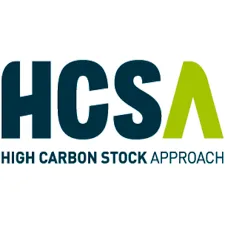

High Carbon Stock Approach
The High Carbon Stock Approach (HCSA) is an integrated conservation land use planning tool to distinguish forest areas in the humid tropics for conservation, while ensuring local peoples’ rights and livelihoods are respected.
In September 2020, HCV Network and the HCSA Steering Group signed a five-year Memorandum of Understanding (MoU) to strengthen their collaboration to conserve forests and uphold community rights in tropical forests. The HCS and HCV Approaches are cornerstones of corporate no deforestation and conservation commitments, and increasingly for actors working at different scales. The collaboration aims to further support effective implementation of these commitments through increased uptake of the HCV and HCS tools.
Through this MoU, HCSA and HCVRN are pursuing two main strategic goals:
- Strive to promote the application of the two approaches in tropical moist forest landscapes and explore further opportunities for collaboration.
- Ensure that, where the two approaches are applied together, this happens in a coordinated, robust, credible, and efficient manner, so that HCS forests and HCVs are conserved, and local peoples’ rights are respected.


World Benchmarking Alliance
From May 2022, the HCV Network is an ally at the World Benchmarking Alliance (WBA). WBA is building a diverse and inclusive movement of global actors committed to using benchmarks to incentivise, measure, and monitor corporate performance on the SDGs, and will assess and rank the performance of 2,000 of the world’s most influential companies against seven systems of transformation by 2023.
The scope of WBA’s circular transformation was expanded to cover nature and biodiversity as recognition of the need for greater understanding, transparency and accountability of business impact on our environment. The WBA Nature Benchmark was launched in April 2022, which will be used to rank keystone companies on their efforts to protect our environment and its biodiversity. As HCV Areas are recognised as key areas important for biodiversity, companies that publicly disclose their actions to identify and protect HCVs will contribute to the assessment of their performance against the benchmark.
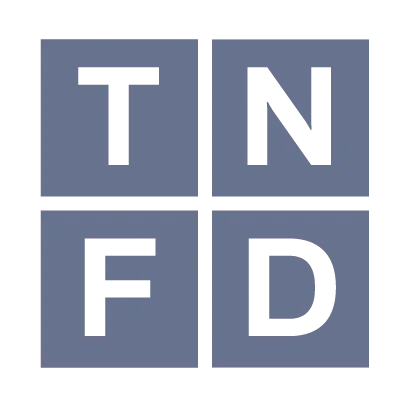

Taskforce on Nature-related Financial Disclosures - TNFD
The Taskforce on Nature-related Financial Disclosures (TNFD) is a global, market-led initiative, established with the mission to develop and deliver a risk management and disclosure framework for organizations to report and act on evolving nature-related risks, with the aim of supporting a shift in global financial flows away from nature-negative outcomes and toward nature-positive outcomes.
In April 2022, the HCV Network joined the TNFD Forum. The TNFD Forum, composed of over 400 members, is a world-wide and multi-disciplinary consultative network of institutional supporters who share the vision and mission of the task force.
By participating in the Forum, the HCV Network contributes to the work and mission of the taskforce and help co-create the TNFD Framework which aims to provide recommendations and advice on nature-related risks and opportunities relevant to a wide range of market participants, including investors, analysts, corporate executives and boards, regulators, stock exchanges and accounting firms.


Aquaculture Stewardship Council
The Aquaculture Stewardship Council (ASC) is the world’s leading certification scheme for farmed seafood – known as aquaculture – and the ASC label only appears on food from farms that have been independently assessed and certified as being environmentally and socially responsible. In 2021, the HCV Network and ASC formalised their collaboration through a Memorandum of Understanding (MoU). The MoU represents the first step in a fruitful relationship aimed at conserving HCVs in aquaculture. Although, existing guidance on the use of the HCV Approach currently focuses mainly on forestry and agriculture, the HCV Approach is however generic, and in principle also applicable to aquatic production systems. Through this MoU, this is recognised by the Aquaculture Stewardship Council (ASC) in their ASC farm standard, in which the protection of HCV areas is mentioned in the context of expansion
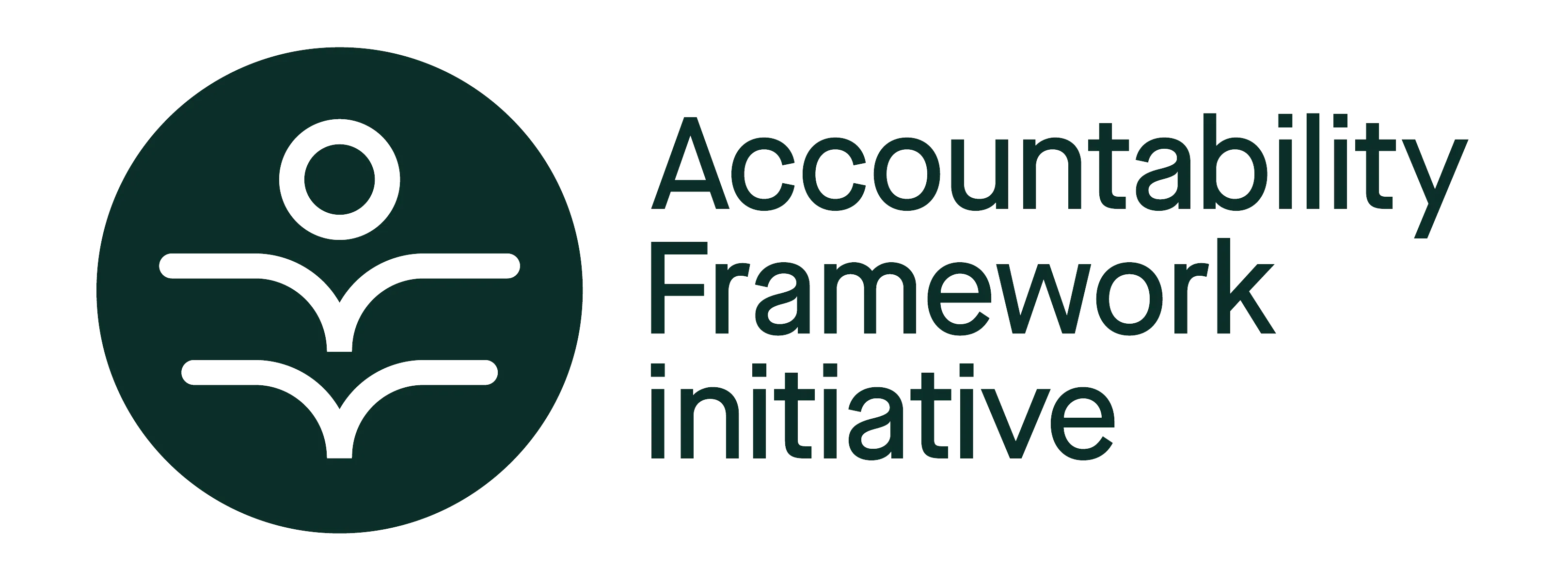

Accountability Framework Initiative
The Accountability Framework initiative (AFi) is a collaborative effort to build and scale up ethical supply chains for agricultural and forestry products. Led by a diverse global coalition of environmental and human rights organizations, the AFi works to create a “new normal” where commodity production and trade are fully protective of natural ecosystems and human rights. To pursue this goal, the coalition supports companies and other stakeholders in setting strong supply chain goals, taking effective action, and tracking progress to create clear accountability and incentivize rapid improvement. In July 2022, the HCV Network joined AFi as a Supporting Partner. AFi Supporting Partners extend the reach and positive impact of the AFi by promoting use of the Accountability Framework by companies, industry groups, financial institutions, governments, and other sustainability initiatives, both globally and in commodity-producing countries.


Biodiversity Credit Alliance
The Biodiversity Credit Alliance (BCA) is a global multi-disciplinary advisory group formed in late 2022. Its mission is to bring clarity and guidance on the formulation of a credible and scalable biodiversity credit market under global biodiversity credit principles. Under these principles, the BCA seeks to mobilize financial flows towards biodiversity custodians while recognising local knowledge and contexts.
The HCVN joined the BCA Forum in August 2023 to learn more from the many organizations already coming together to find effective pathways to opening up credit-based approaches, and how to contribute our knowledge and experience of years of working in a practical way, often with global sustainability standards and their certified producers, to protect what matters most to nature and people.
.webp)
.webp)
Nature Positive Forum
The Nature Positive Initiative is a group of stakeholders coming together to find ways to unlock success and achieve Nature Positive - a global societal goal defined as ‘halt and reverse nature loss by 2030 on a 2020 baseline, and achieve full recovery by 2050’, in line with the mission of the Kunming-Montreal Global Biodiversity Framework.
Core work includes preserving the integrity of ‘Nature Positive’ as a measurable 2030 global goal for nature for business, government, and other stakeholders, and providing the tools and guidance necessary to allow all to contribute. The initiative also advocates for the full implementation of the Kunming-Montreal Global Biodiversity Framework by governments and other stakeholders.
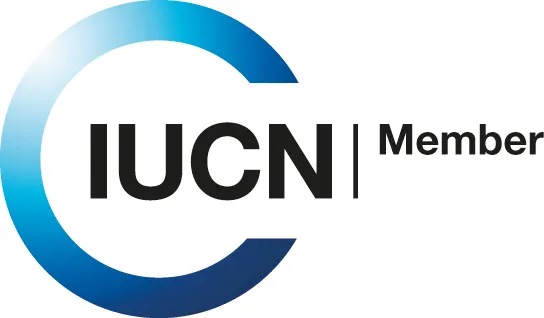

IUCN
IUCN is a membership Union uniquely composed of both government and civil society organisations. It provides public, private, and non-governmental organisations with the knowledge and tools that enable human progress, economic development, and nature conservation to take place together.
Created in 1948, IUCN is now the world’s largest and most diverse environmental network, harnessing the knowledge, resources and reach of more than 1,400 Member organisations and around 15,000 experts. It is a leading provider of conservation data, assessments, and analysis. Its broad membership enables IUCN to fill the role of incubator and trusted repository of best practices, tools, and international standards.
IUCN provides a neutral space in which diverse stakeholders including governments, NGOs, scientists, businesses, local communities, indigenous peoples’ organisations, and others can work together to forge and implement solutions to environmental challenges and achieve sustainable development.
Working with many partners and supporters, IUCN implements a large and diverse portfolio of conservation projects worldwide. Combining the latest science with the traditional knowledge of local communities, these projects work to reverse habitat loss, restore ecosystems, and improve people’s well-being.

Get Involved
Our Mission as a network is to provide practical tools to conserve nature and benefit people, linking local actions with global sustainability targets.
We welcome the participation of organisations that share our vision and mission to protect and enhance High ConservationValues and the vital services they provide for people and nature. By collaborating with the Network, your organisation can contribute to safeguarding HCVs while gaining valuable insights and connections that support your sustainability goals.
We are seeking collaborative partners to help expand and enhance our work, as well as talented professionals who can join the growing Secretariat team, and for professionals who can contribute to the credible identification of High Conservation Values globally.
Join us in securing the world’s HCVs and shaping a sustainable future.
